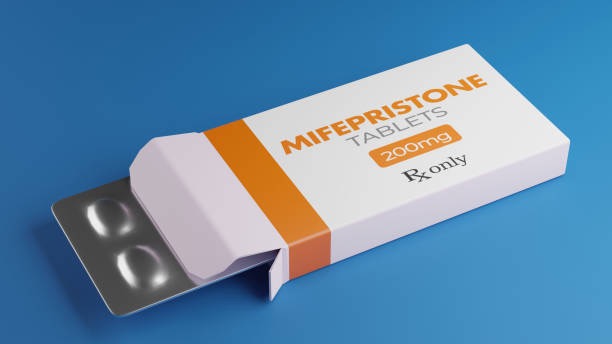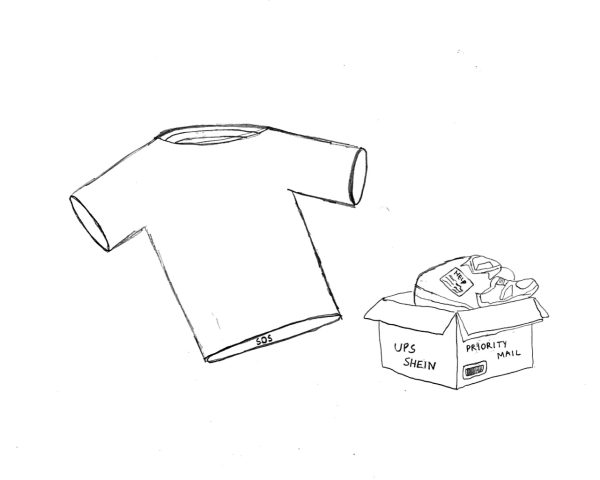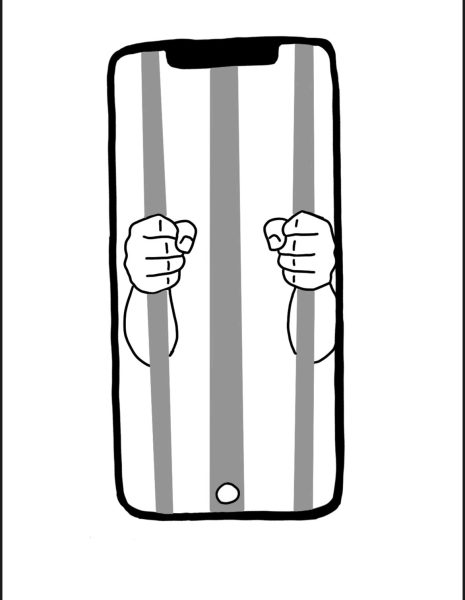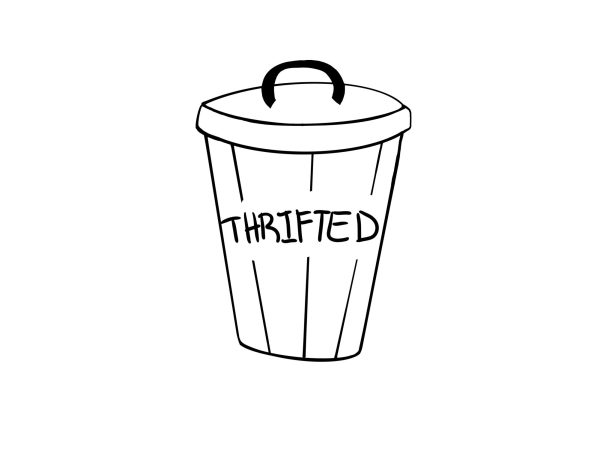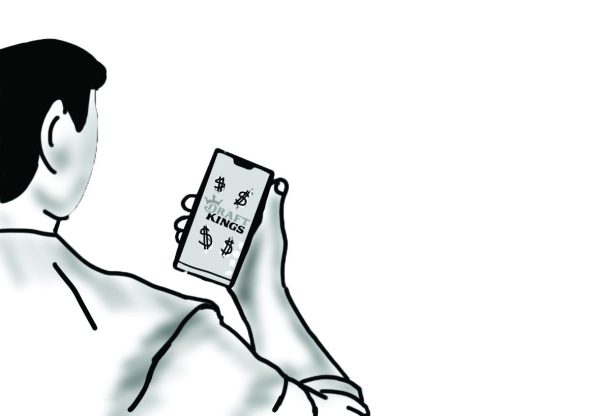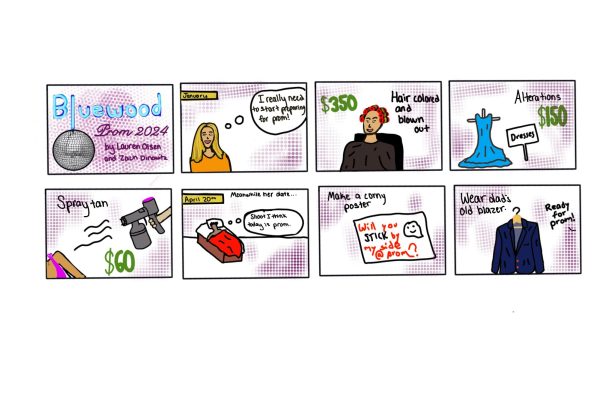Your online image: how do you really want the world to see you?
December 16, 2019
Last week, as I was scrolling through Visual Supply Company (VSCO), a popular photo-editing app among teens, I noticed a common trend: images of illegal substances being posted by an underage populace. The same trend was displayed on other popular social media apps such as Snapchat, Instagram and TikTok.
Images of teens smiling with White Claws, grasping a Juul in one hand and their phone in the other and bottles of vodka lining the back counter of a house flood my social media feeds on a regular basis. Emojis used obviously to cover up illegal substances, red solo cups stacked in beer pong formations and kids taking shots are also common. Most people generally understand that it is an ill-advised idea to post illegal substances on the internet, yet teens still make the avoidable mistake of portraying themselves inappropriately.
According to a survey conducted by Kaplan Test Prep, 25 percent of colleges factor a student’s social media content into account when determining their admission status. American Association of Collegiate Registrars and Admissions Officers reported that 11 percent of respondents said they “denied admission based on social media content” and additional seven percent rescinded offers for the same reason. In 2017, Harvard University revoked admission from 10 accepted students for their participation in a Facebook group called “Harvard memes for horny bourgeois teens.”
Yariv Alpher, executive director of research at Kaplan Test Prep, discussed the admissions process with the Washington Post in an article titled “Harvard withdraws 10 acceptances for ‘offensive’ memes in private group chat” after the scandal.
“For better or worse, social media has become an established factor in college admissions, and it’s more important than ever for applicants to make wise decisions,” Alpher said.
So if one in four colleges consider a student’s social media presence during the admissions process, why are inappropriate posts so common among adolescents?
In an age where people may know you by your social media accounts before they know you in person, online profiles become all-consuming. According to a 2018 Pew Research study, 95 percent of teens have access to a smartphone, 72 percent are active Instagram users and 69 percent are active Snapchat users. To say that someone’s image on social media does not affect the way they are perceived in reality would be ignorant, so the desire to appear “cool,” “bad” or however someone wants to portray themselves is valid. However, posting photos of illegal substances has consequences that far outweigh the potential benefits.
Besides the detrimental impacts an ill-advised post can have on the chances of college admission, it can taint someone’s future for years to follow. According to a 2018 CareerBuilder survey, 70 percent of employers use social media to screen candidates during the hiring process, and about 43 percent of employers use social media to check on current employees.
Although most people have heard it before, I’ll say it again. Every time someone posts on social media, it’s out on the internet forever. It’s out there when colleges are analyzing an applicant, it’s out there when employers are reviewing a résumé and it’s out there for countless other people to see and, unfortunately, judge.
In today’s day and age, a person’s online image is tremendously important, so post and share images that depict you in the best light possible. I’m not saying people shouldn’t drink or smoke—you can do whatever you want—but I am advising social media users, especially those underage, not to share it with the rest of the world.
So next time you go to post a photo on social media, think to yourself: will one picture of you drinking or smoking suddenly boost your “cool status” so high that it is worth risking admission and future jobs over it?





